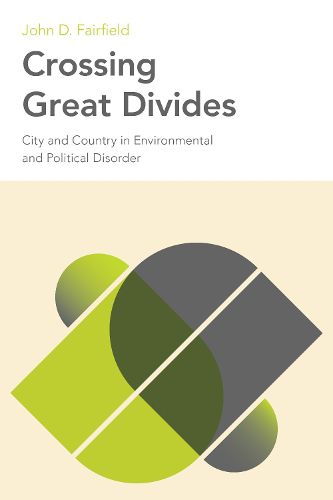Readings Newsletter
Become a Readings Member to make your shopping experience even easier.
Sign in or sign up for free!
You’re not far away from qualifying for FREE standard shipping within Australia
You’ve qualified for FREE standard shipping within Australia
The cart is loading…






Ranging across two centuries of American history, Crossing Great Divides argues that the habit of construing city and country as opposites is at the root of our current environmental and political disorder. This oversimplifying dualism has distorted how we planned cities, our patterns of production and consumption, how we deal with waste, and how urban and rural populations perceive each other.
Conventional urban environmental reform has made modern city life possible, but it has done little to limit the despoliation of distant places. Nevertheless, the successes of urban environmental reform remind us of what is possible.
John Fairfield concludes with a case study of Phoenix, Arizona to demonstrate this dysfunctional relationship between city and country while developing a sympathetic critique of the Green New Deal. He suggests how we might bridge the "great divide" as we face the daunting challenges the twenty-first century is pressing upon us.
$9.00 standard shipping within Australia
FREE standard shipping within Australia for orders over $100.00
Express & International shipping calculated at checkout
Ranging across two centuries of American history, Crossing Great Divides argues that the habit of construing city and country as opposites is at the root of our current environmental and political disorder. This oversimplifying dualism has distorted how we planned cities, our patterns of production and consumption, how we deal with waste, and how urban and rural populations perceive each other.
Conventional urban environmental reform has made modern city life possible, but it has done little to limit the despoliation of distant places. Nevertheless, the successes of urban environmental reform remind us of what is possible.
John Fairfield concludes with a case study of Phoenix, Arizona to demonstrate this dysfunctional relationship between city and country while developing a sympathetic critique of the Green New Deal. He suggests how we might bridge the "great divide" as we face the daunting challenges the twenty-first century is pressing upon us.